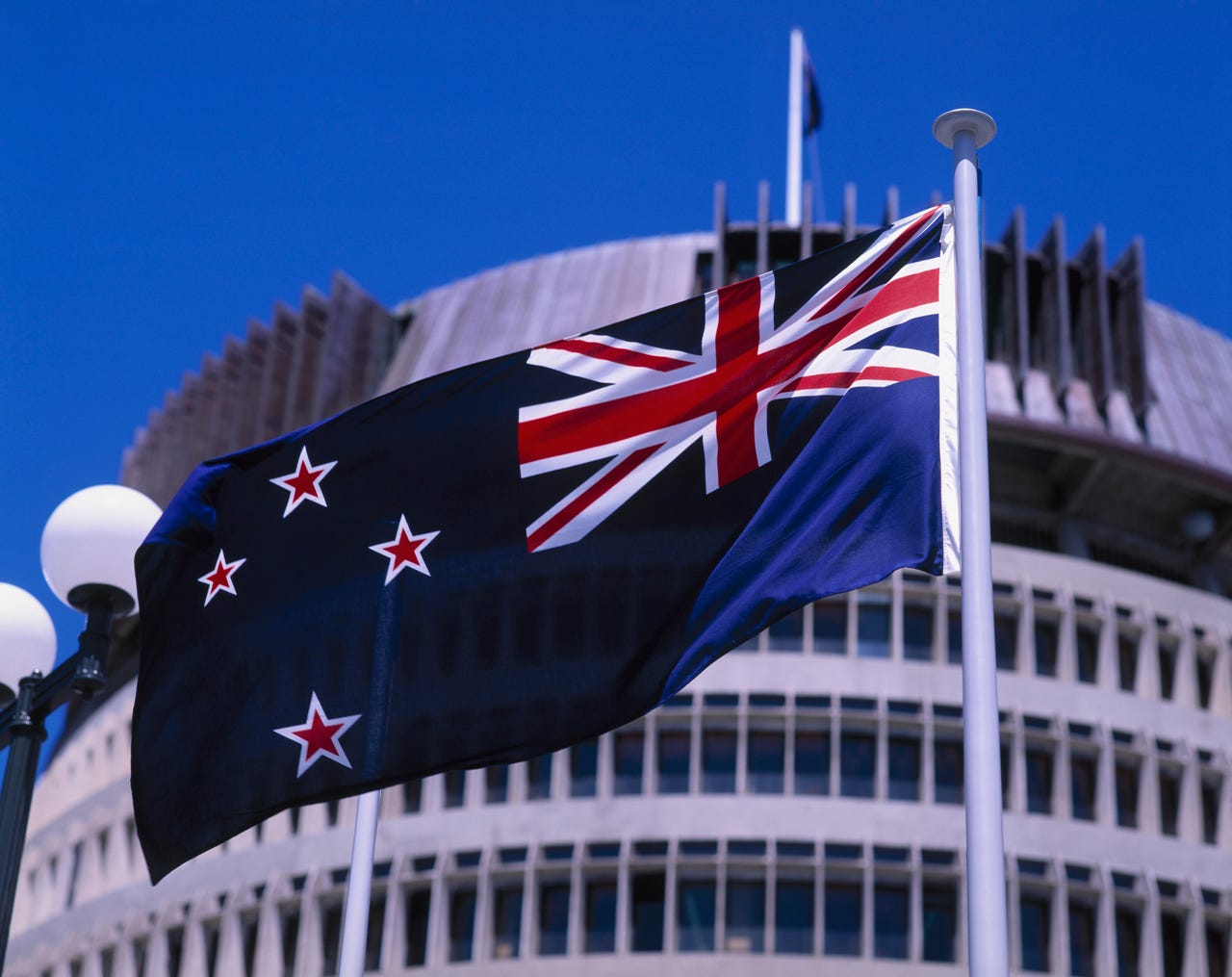Jacinda Ardern touts significant progress under Christchurch Call


In May 2019, New Zealand Prime Minister Jacinda Ardern garnered the support of a handful of world leaders, tech companies, and organisations through the adoption of a pledge that sought to eliminate terrorist and violent extremist content online, and stop the internet from being used as a tool for terrorists.
The Christchurch Call was made in direct response to the terrorist attack suffered by Christchurch on 15 March 2019 that resulted in the loss of 51 lives and dozens more injured.
Nearly two years on, more than 50 countries and international organisations, as well as 10 tech companies, are now supporters of the Call.
Ardern, alongside France's President Emmanuel Macron, have published the Christchurch Call Community Consultation Final Report, touted by the two leaders as a community-wide stocktake that proves the pledge has made a tangible difference.
Collectively, the Call has seen three protocols for responding quickly to crisis incidents; tech companies have reformed the Global Internet Forum to Counter Terrorism into an independent entity; governments, companies, and civil society groups are working together in new ways; and Ardern and Macron said there has also been an increased focus on research into terrorism and violent extremist content online to provide a strong base to develop further work.
"The many attacks since Christchurch -- including in Colombo, El Paso, Dayton, Halle, Glendale, Nakhon Ratchasima, Conflans-Saint Honorine, Nice, and Vienna -- bear witness to the challenge we face," the pair said in the report's joint foreword.
"We must continue to work towards better understanding the algorithms that promote content online, to identify intervention points and prevent exploitation by malicious actors."
The report [PDF] summarises the 39 responses received from members of the Call on 40 questions posed about the initiative.
It said overall, a majority of respondents describe the Call's impact as "good" or "very good". But it said more "multi-stakeholder" work is required to maximise its impact.
In supporting the Call, government supporters have agreed to a number of voluntary commitments, including: To counter the drivers of terrorism and violent extremism by strengthening the resilience and inclusiveness of societies; to ensure effective enforcement of applicable laws that prohibit the production or dissemination of terrorism and violent extremism; to encourage media outlets to apply ethical standards when depicting terrorist events online; to support frameworks such as industry standards to ensure reporting on terrorist attacks does not amplify terrorism and violent extremism; and to consider appropriate action to prevent the use of online services to disseminate such content.
The report lists a handful of initiatives underway by member countries, including education and media campaigns in a number of countries; the implementation of enforcement activities that prohibit the production or dissemination of terrorist and violent extremist content; and updates to legislation.
All six company respondents said they have taken transparent, specific measures to prevent the upload, livestream, and dissemination of terrorist and violent extremist content on social media and similar content-sharing services. YouTube, Dailymotion, Facebook, Twitter, and Microsoft focused on restrictions on their livestreaming services.
They also said they have actively adopted further transparency measures, such as public reporting, since joining the Call.
France and New Zealand have identified further questions for the Call members based on their responses.
The two countries have asked if better collaboration between companies and national authorities, especially in times of crisis is needed; how they can increase in the number of companies supporting the Call; how to improve transparency measures implemented by member companies; and how they can foster a common understanding of relevant legal frameworks.
France and New Zealand have asked the members if more can be done from governments around preventing the exploitation of online services for the dissemination of terrorist and violent extremist content. They've asked for advice on how to best support the exchange of information on regulatory measures, industry standards, and voluntary frameworks, as well as for awareness-raising/capacity-building activities established within each supporting country.
Where online service providers are concerned, France and New Zealand have asked for the best way to further the development of transparent measures preventing the upload of terrorist and violent extremist content, including the immediate and permanent removal of such, without prejudice to law enforcement and user appeals requirements.
All companies said they had reviewed the operation of algorithms that may drive users towards and/or amplify terrorist and violent extremist content, in order to better understand possible intervention points and to implement changes where this occurs.
France and New Zealand have asked for supporting companies, working with governments, academia, and civil society, to provide more transparent insights into the function of recommendation algorithms, including where these may have unintended or harmful consequences.
They also posed the question: To what extent does countering the spread of terrorist and violent extremist content online require modifications in the design of recommendation algorithms used by online platforms?
"The Call community has recognised the need to harness tech companies' creativity and technical know-how to co-design smart solutions, while ensuring internet freedoms are maintained, and that the internet is protected as a force for good," the report says.
"He waka eke noa. Nous sommes tous concernés. We are all in this together."
RELATED COVERAGE
- Christchurch terrorist's radicalisation shows the limits of surveillance and censorship
- New Zealand introduces Bill to block violent extremist content
- Facebook, Microsoft, Twitter, YouTube overhaul counter-terrorism efforts for Christchurch Call
- NZ Privacy Commissioner labels Facebook as 'morally bankrupt pathological liars'